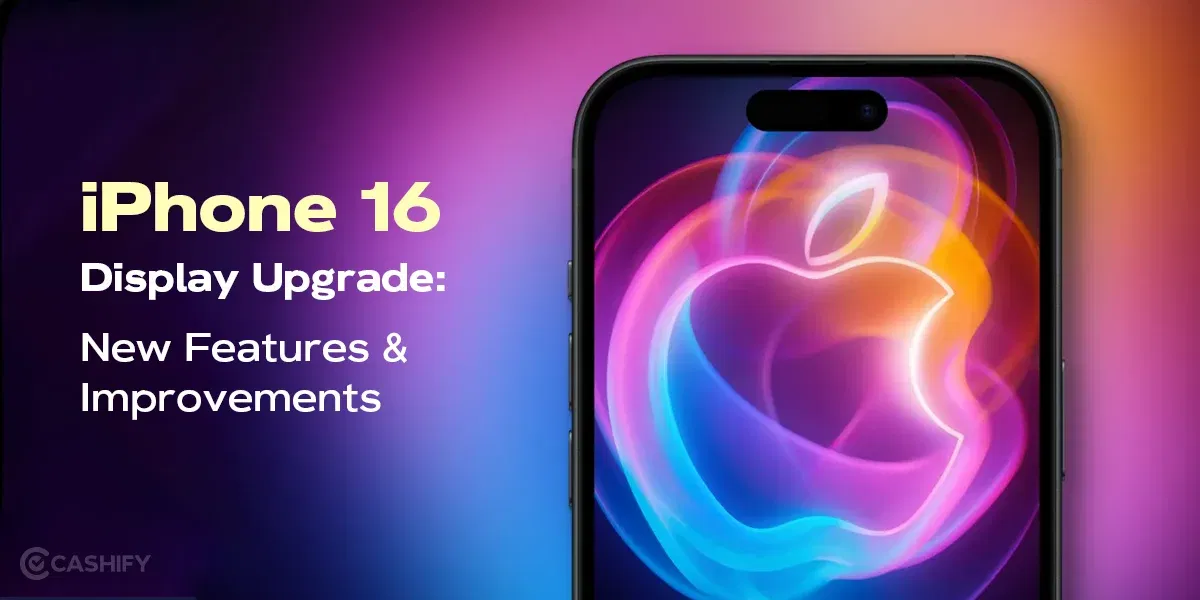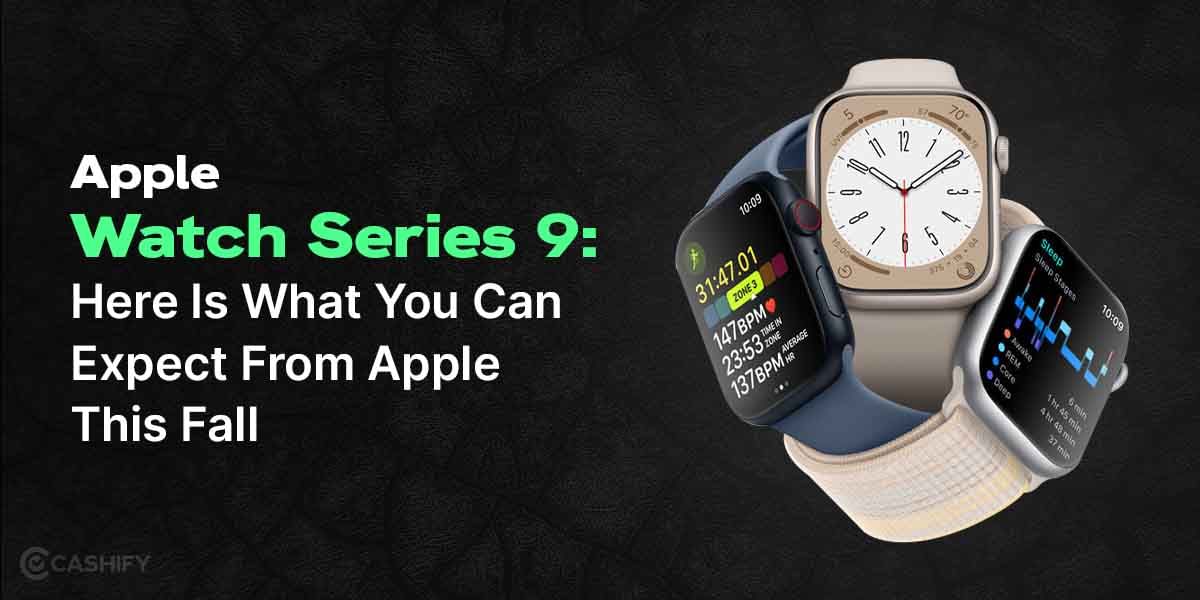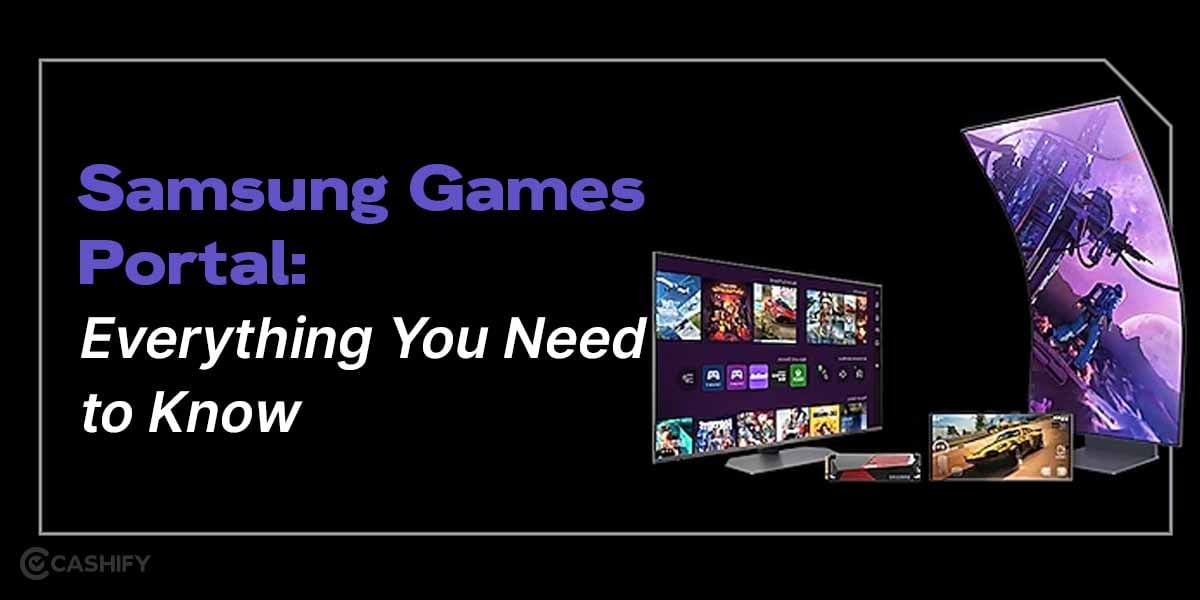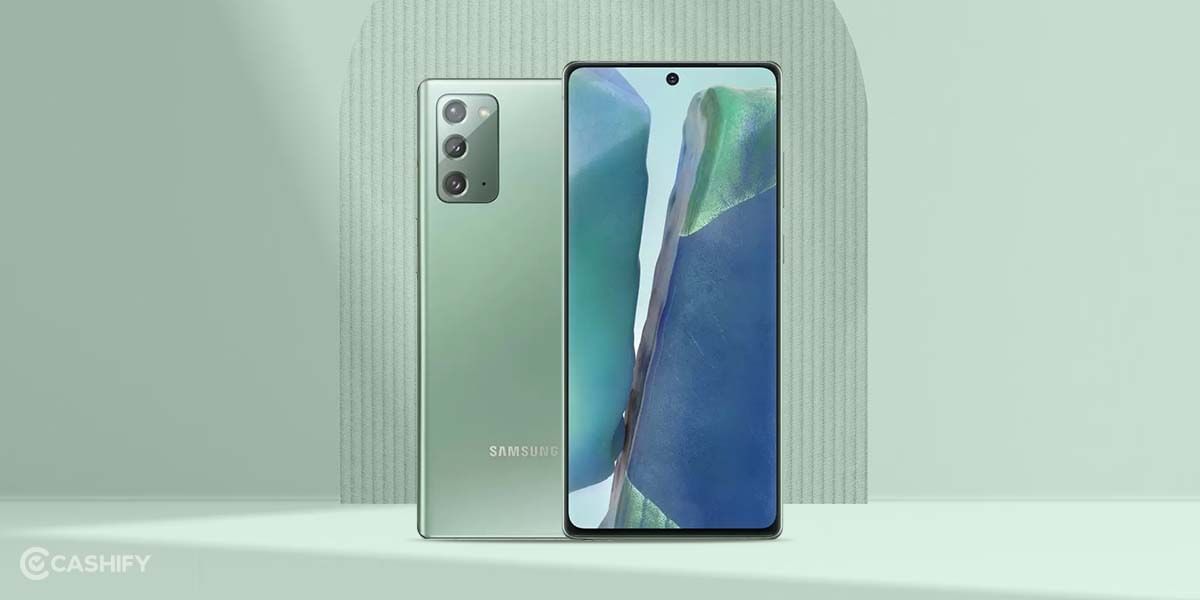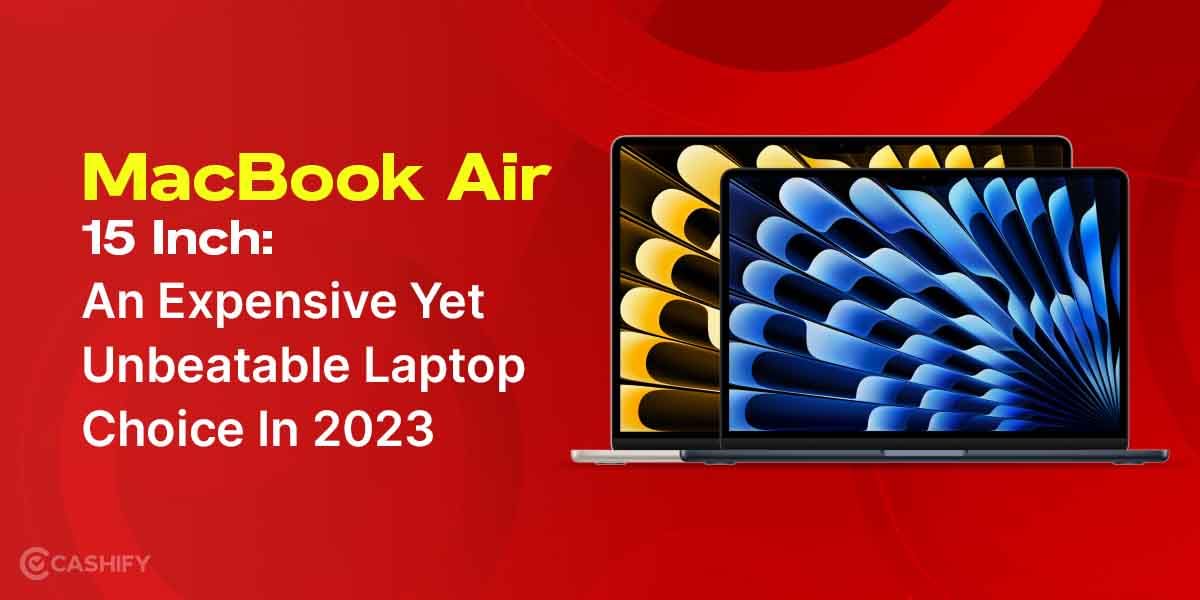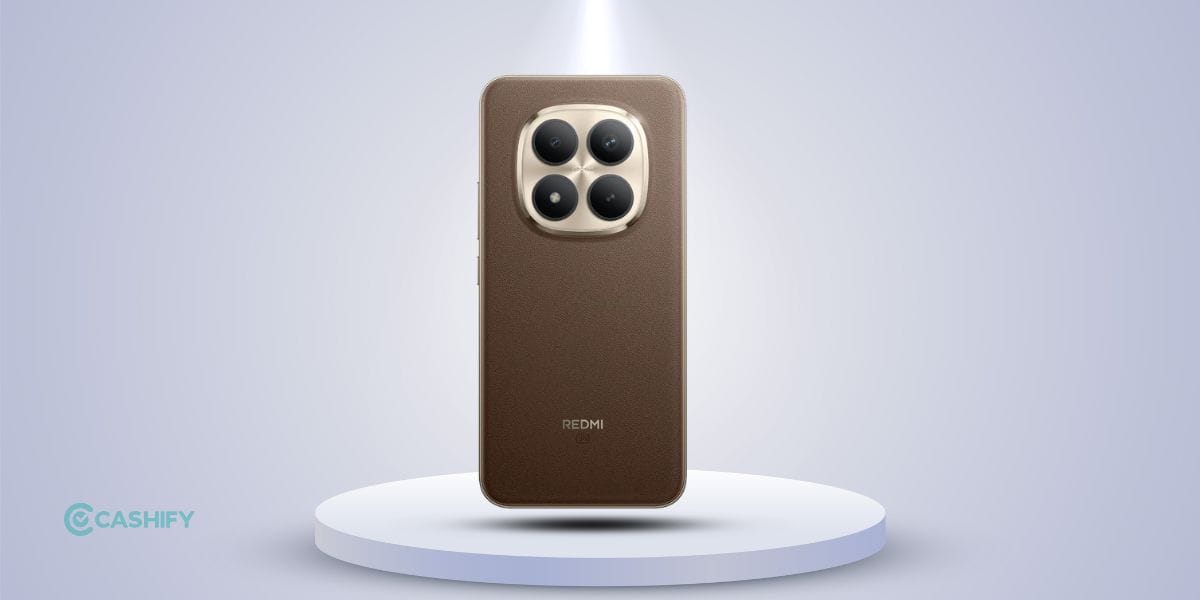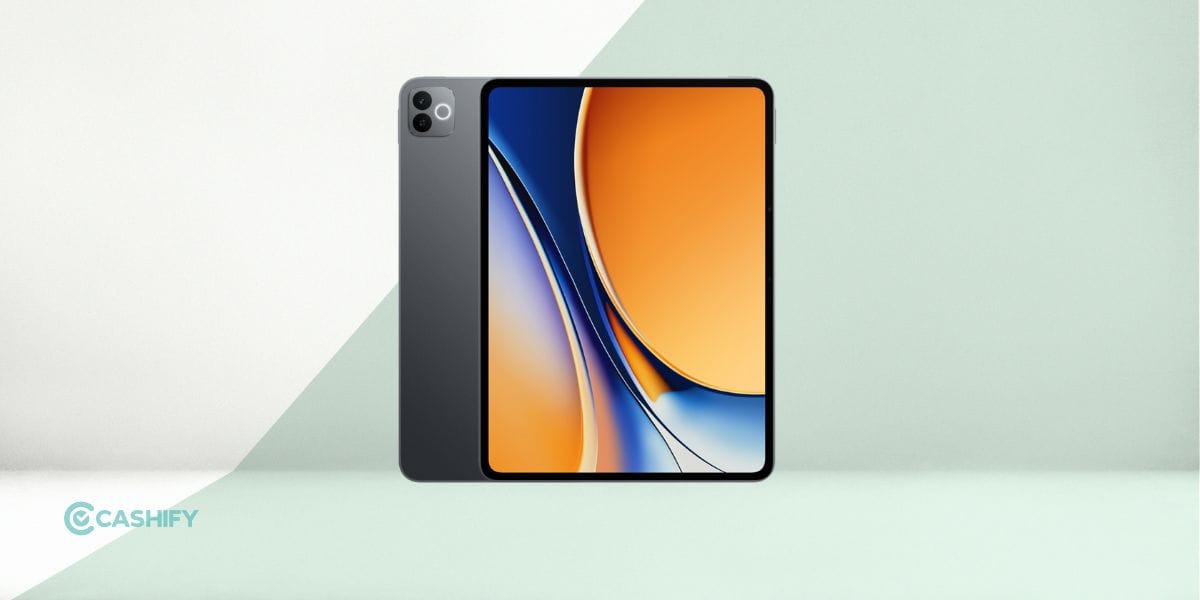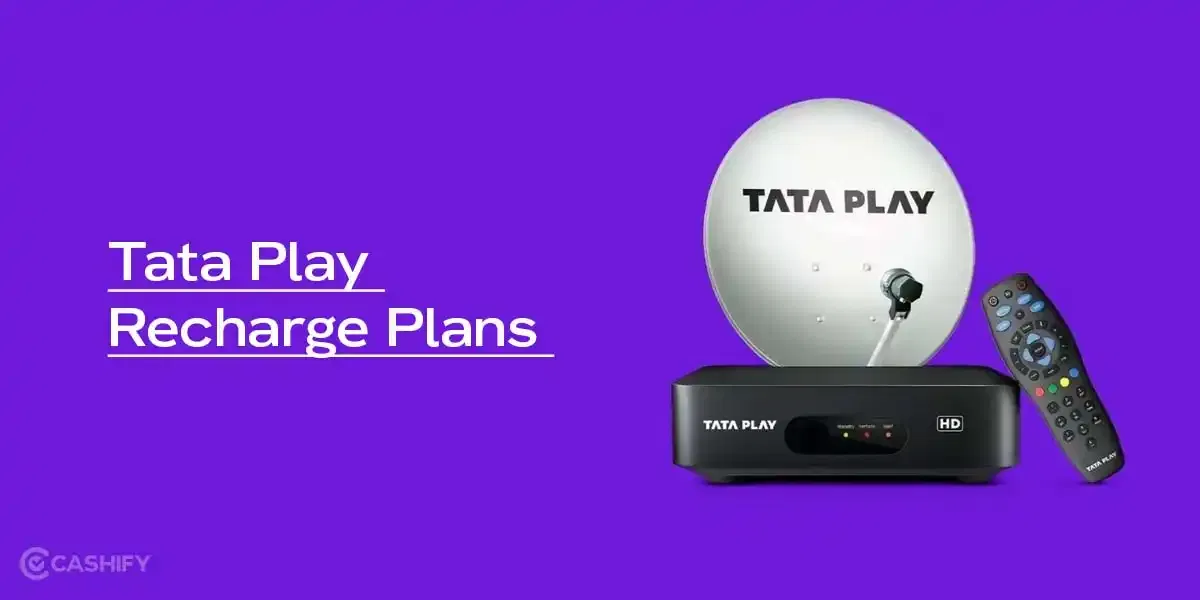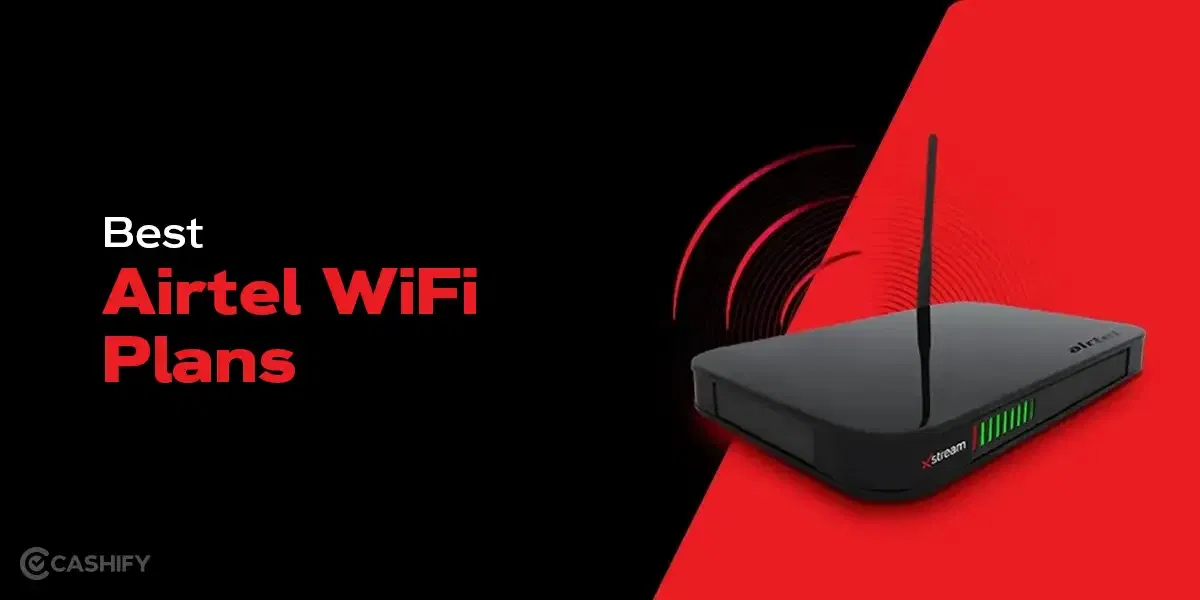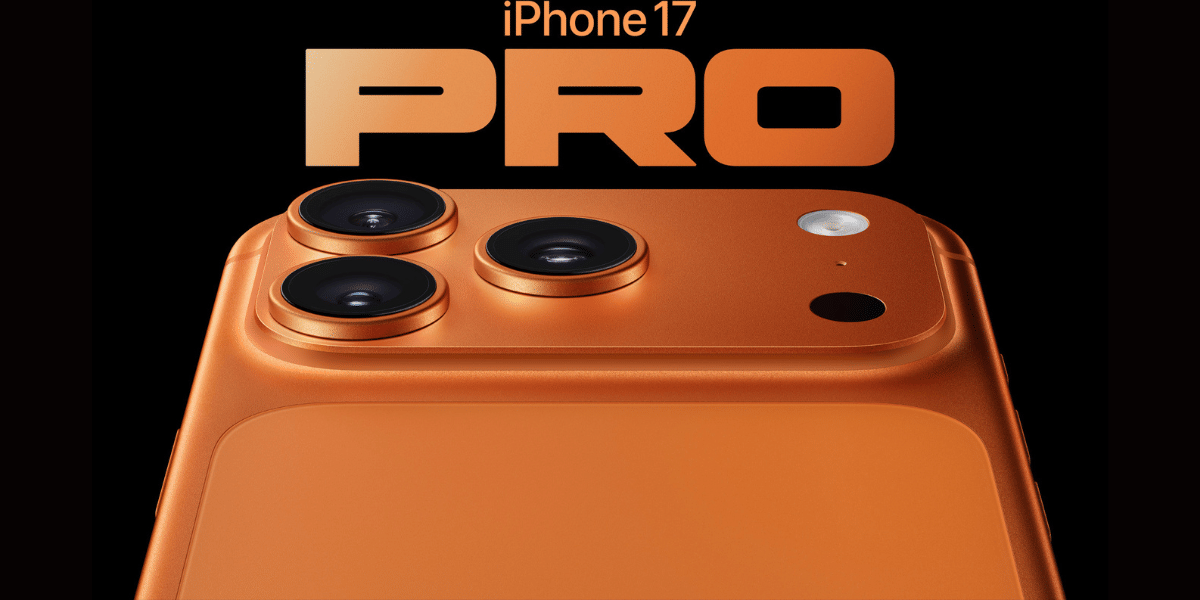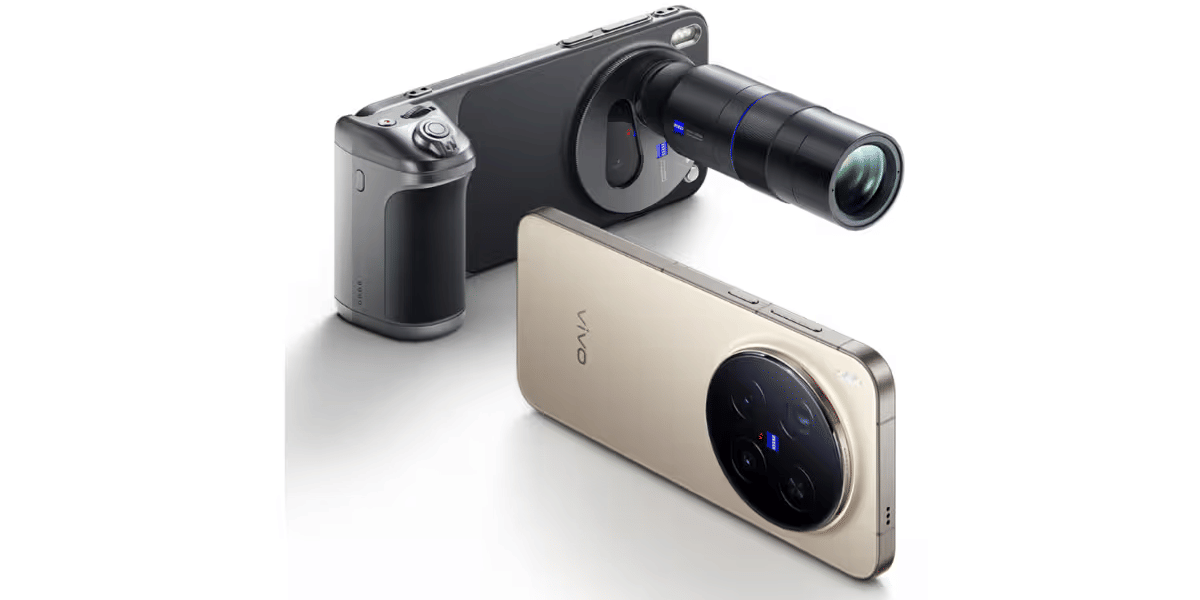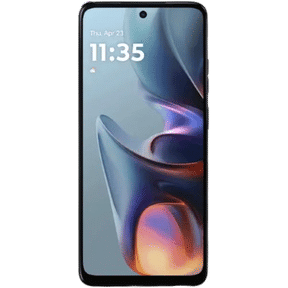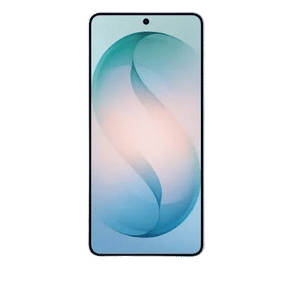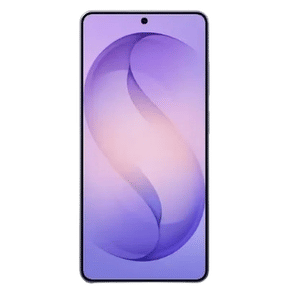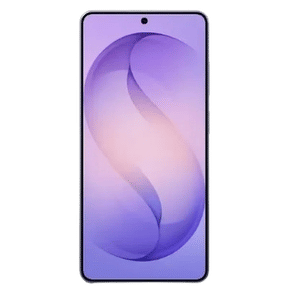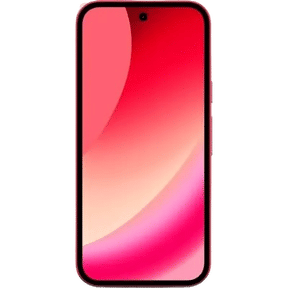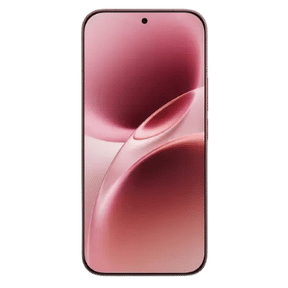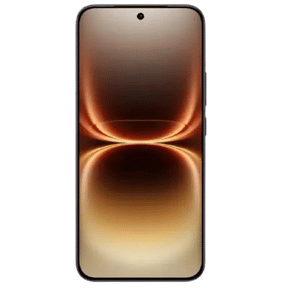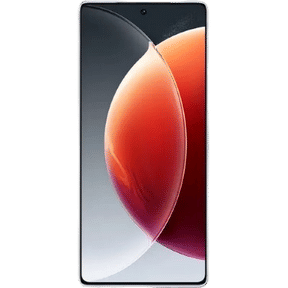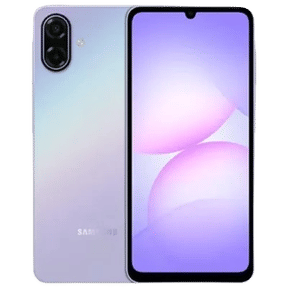Apple finally launched it’s iPhone 16 series in India. The company launched four new devices including the Apple iPhone 16, Apple iPhone 16 Plus with the A18 Chip, and Apple iPhone 16 Pro, Apple iPhone 16 Pro Max featuring A18 Pro chip. Now, if you are looking for comparison between A18 vs A18 Pro Chip, you are at the right place.
In this article, we will provide you with a detailed A18 vs A18 Pro Chip comparison and check what makes them different.
A18 vs A18 Pro Chip: Overview
| Feature | A18 | A18 Pro |
| CPU | 6-core (2 for performance, 4 for efficiency) | 6-core (2 for performance, 4 for efficiency) |
| GPU | 5-core GPU with better graphics | 6-core GPU with even better graphics |
| Memory Support | Supports fast LPDDR5X memory | Supports fast LPDDR5X memory |
| AI and Machine Learning | 16-core Neural Engine for smart tasks | 16-core Neural Engine for smart tasks |
| Modem | 5G modem for fast internet | 5G modem for fast internet |
| Connectivity | Wi-Fi 7, Bluetooth 5.3 | Wi-Fi 7, Bluetooth 5.3 |
Also Read: iPhone 16 Display Upgrade: New Features and Improvements
A18 vs A18 Pro: What’s Going On With the CPU?
Let’s start with the heart of these chips—the CPU. Both the A18 vs A18 Pro chip have six cores: two for heavy-duty tasks and four for efficiency. In simple terms, they’re built to balance performance and battery life pretty well. Now, while Apple hasn’t told us exactly how fast these CPUs run, the A18 might be slightly slower than the A18 Pro—but honestly, you probably won’t even notice a big difference in day-to-day use.
Interestingly, Apple didn’t compare the A18 directly with the A18 Pro but instead compared it with the older A16 Bionic chip. The A18 is 30% faster than the A16, which is a huge leap. If the A18 Pro has any advantage, it’s likely in its slightly larger cache (think of it as extra room to store information), but the difference might only be around 5-10% at most. The good news? The A18 is also super efficient, using 30% less power than the A16.
Also Read: iPhone 16 vs iPhone 16 Pro: Key Differences Explained
A18 vs A18 Pro: Graphics, Games, and Visuals
Now, let’s talk about how these chips handle graphics. Both A18 vs A18 Pro chips support Ray Tracing (which makes lighting and shadows in games and apps look amazing), but the A18 Pro has one more GPU core, which could give it a slight edge in gaming or graphic-heavy tasks.
That said, even the A18 gives a 40% boost in graphics performance compared to the A16, and it uses 35% less power. Both chips also come with faster memory, which makes everything feel snappier and smoother, whether you’re gaming or just swiping through apps. The A18 Pro will probably handle really demanding graphics a bit better, but unless you’re pushing your phone to the max, the A18 will more than hold its own.
Also Read: Apple Watch Series 10: Price, Features, And Other Details
A18 vs A18 Pro: Smart Features with the Neural Engine
When it comes to AI and smart features, both chips are on the same level. Apple has packed both with a 16-core Neural Engine, which can handle up to 35 trillion operations per second—yes, you read that right, trillion! That means faster Face ID recognition, smoother Siri interactions, and better handling of all the AI magic happening in the background. Compared to the A16, this new Neural Engine is twice as fast, so you’ll see a noticeable improvement in how quickly your phone responds to smart tasks.
Also Read: 9 Things To Know Before Buying iPhone 16!
A18 vs A18 Pro: Staying Connected
Finally, both the A18 vs A18 Pro chip are evenly matched when it comes to connectivity. They likely use the same 5G modem, which means you’ll get the same fast speeds and reliable coverage whether you’re on the A18 or A18 Pro. Both chips also come with Wi-Fi 7 and Bluetooth 5.3, so you’re covered when it comes to the latest wireless tech.
Also Read: Apple iPhone 16 Vs iPhone 15: Expected Features And Upgrades!
Conclusion
To sum it up, when comparing A18 vs A18 Pro chips, these aren’t all that different interm of everyday performance. The A18 Pro has a little extra power in graphics and maybe a slight CPU boost, but both chips are incredibly fast, efficient, and packed with the latest tech. Whether you go for the A18 or the A18 Pro, you’re getting a serious upgrade.
FAQs
What’s the key difference in the A18 vs A18 Pro chip?
The primary difference between the A18 and A18 Pro chips is in the GPU. The A18 Pro features a 6-core GPU, while the A18 has a 5-core. This gives the A18 Pro an edge in graphics performance, especially for gaming and graphic-intensive tasks like video editing.
Will I notice a difference in daily tasks?
In terms of everyday usage, the A18 vs A18 Pro chip difference is minimal. Both chips are built for speed and efficiency, so browsing, using apps, and light gaming will feel fast and smooth on both devices. The A18 Pro might only show its advantage in more demanding tasks.
How does the A18 compare to the A16 Bionic?
The A18 is 30% faster and uses 30% less power than the A16 Bionic. This results in quicker performance and better battery efficiency. If you’re upgrading from an iPhone with the A16 chip, the A18 will offer a noticeable improvement in both speed and power management.
Do both chips have the same AI capabilities?
Yes, both the A18 and A18 Pro chips come with Apple’s 16-core Neural Engine, capable of handling 35 trillion operations per second. This ensures fast AI performance for features like Face ID and Siri, with both chips delivering equal performance in machine learning and on-device intelligence.
Are the connectivity features different between the A18 and A18 Pro?
No, both the A18 and A18 Pro chips come with the same 5G modem, likely Qualcomm’s Snapdragon X75, offering excellent speed and coverage. They also include Wi-Fi 7 and Bluetooth 5.3, so there’s no difference in connectivity features between the two chips.




